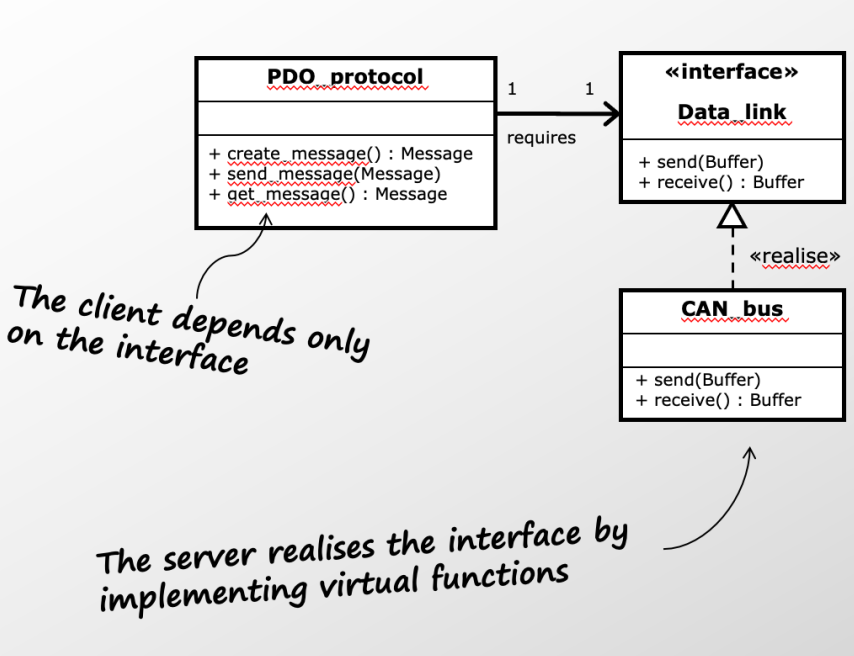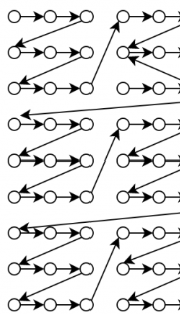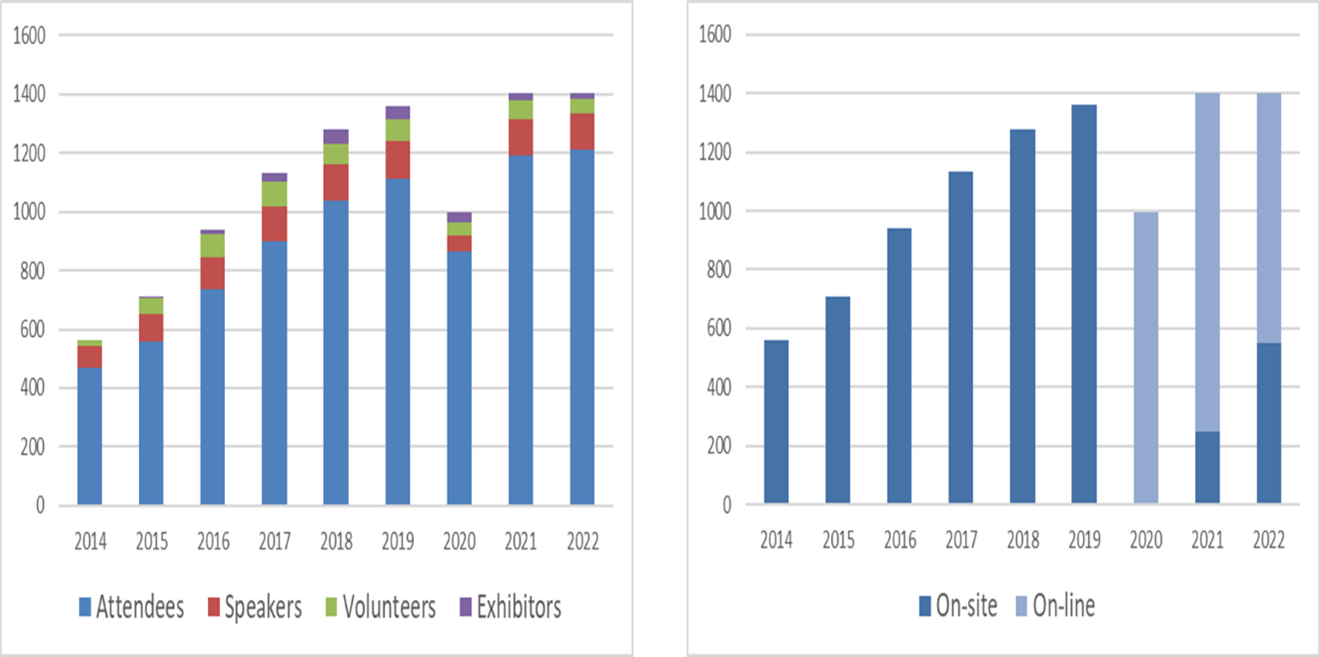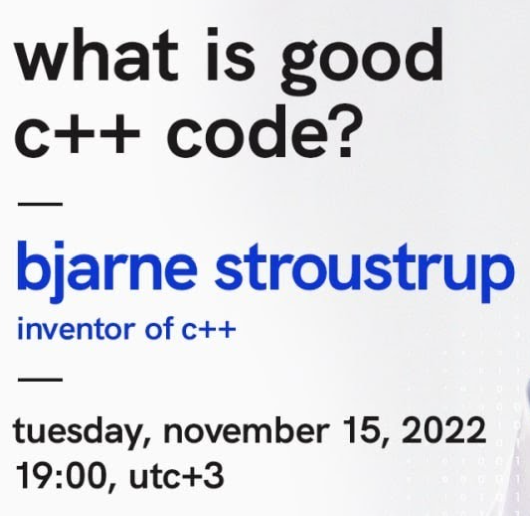First videos of Meeting C++ 2022 released
Meeting C++ has begun to publish the first videos from last weeks conference to YouTube:
First 3 talks published
C++ for multi-accelerator, multi-vendor systems - Guy Tamir
Whats new in Conan 2.0 - Christopher McArthur
Living at HEAD with Bazel - Šimon Tóth

 constexpr keeps getting more and more powerful with each release:
constexpr keeps getting more and more powerful with each release: Playing the classics, at arm's length...
Playing the classics, at arm's length... When having the "last word" makes stuff go faster...
When having the "last word" makes stuff go faster... As Crocodile Dundee famously said, "That's not a loop, that's a loop." Just programmers having fun:
As Crocodile Dundee famously said, "That's not a loop, that's a loop." Just programmers having fun:
 On November 15, Bjarne Stroustrup will be giving a live talk available via YouTube:
On November 15, Bjarne Stroustrup will be giving a live talk available via YouTube: